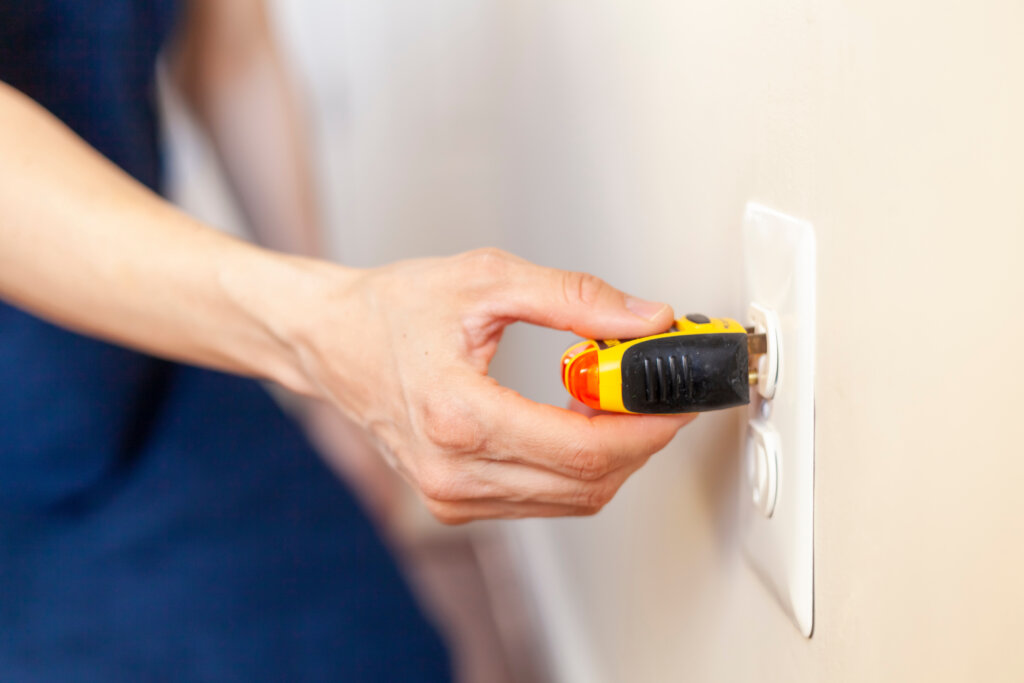More than 31,000 electrical fires occur in homes every year, with over 180 cases involving electrocution or electricity-related incidents that could’ve been prevented. Electrical safety isn’t something most people are trained in, yet it’s crucial in protecting your family and loved ones. Here are a few tips for electrical safety at home.
Follow instructions for using appliances, devices, and fixtures
Don’t throw away safety instructions from new devices, appliances, and fixtures before reading them. Better yet, keep the instructions in a dedicated place to consult when making repairs or adjustments. If you notice the device malfunctioning, reach out to a trained electrician and stop using it until the repairs are finished.
Don’t overload outlets
Avoid overloading outlets by plugging in power strips for long-term use. The increased energy demand could cause breakers to trip or increase the risk of electric shock.
Repair or replace damaged electrical cords
If you notice frayed or exposed wires, replace electrical cords as soon as possible. Never staple power cords or run them under rugs or furniture. Cords under rugs can overheat and pose a tripping hazard, while furniture can crush and damage wires.
If you find yourself constantly relying on extension cords, that’s a sign you need additional outlets installed. Contact Tucker Hill for outlet installation.
Safely store unused electrical cords
Keep unused electrical cords in a safe place away from children and pets. Avoid wrapping or twisting cords as this can stretch the cord and lead to overheating.
Unplug unused appliances
When you’re not using a phone charger, laptop, or TV, unplug it to reduce phantom drain. Unplugging unused devices and appliances also protects them from overheating and power surges. Consider using a smart plug that will allow you to set power schedules for each outlet.
Keep electrical devices and outlets away from water
Water and electricity is a recipe for disaster. Keep hair dryers, electronics, and light fixtures away from sinks, showers, bathtubs, and aquariums.
Promote air circulation to prevent overheating
Poor air circulation can cause electrical equipment to overheat and create an electrical fire hazard. Avoid running wires through cabinets and cramped spaces to prevent overheating.

